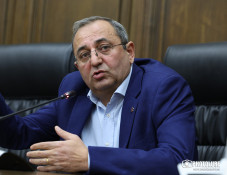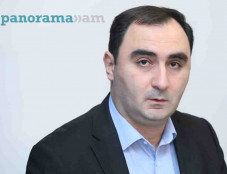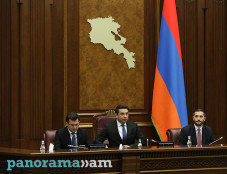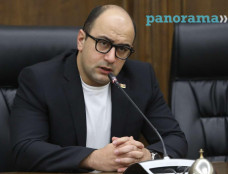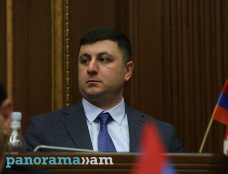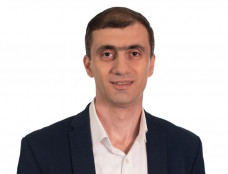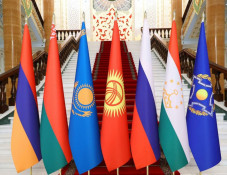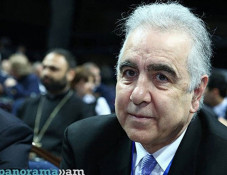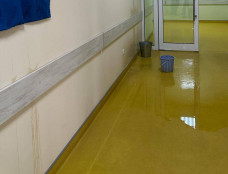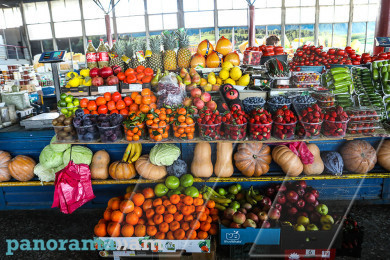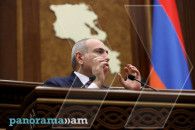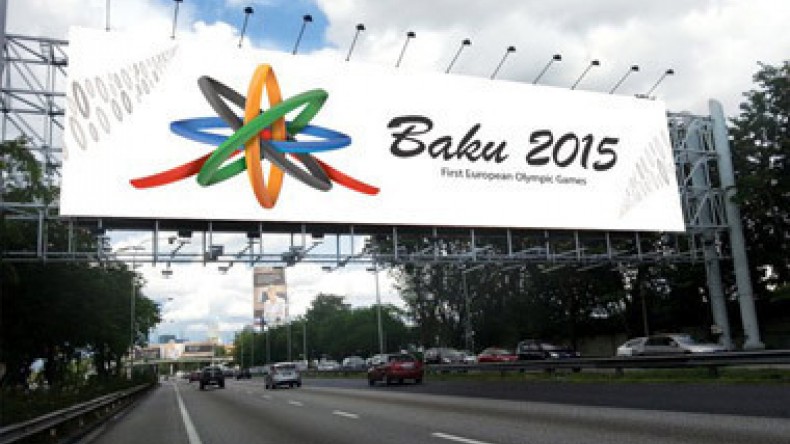
Huffington Post: Azerbaijani authorities are trying to hide ugly truth behind curtains of international sport events
US Congressman from California, chairman of the House Foreign Affairs subcommittee on Europe, Eurasia and emerging threats Dana Rohrabacher called on Azerbaijan to release the arrested journalist Khadija Ismayilova and condemned pressure on Baku bureau of "Radio Liberty", reported the European office of "Radio Liberty".
Rohrabacher said that the detention of Khadija Ismayilova and the raid on the offices of "Radio Liberty" is a part of a series of steps undertaken by the Azerbaijani government in order to restrict freedom of the media and public appearances; and the release of Ismayilova would be considered as a step to the right direction and a sign by Azerbaijan of having good intentions, "Radio Liberty" reports.
In its turn, the spokeswoman of the human rights organization Amnesty International in UK Naomi Westland published an article in the “Huffington Post” on how Azerbaijani authorities seek to host international sport events in order to make their PR hiding the ugly truth behind the stage.
"In fact, this is an example of how to "clean" the image of the country through sports," writes Westland.
In the course of events in Paris, a view was expressed that governments of some countries are at least as great a threat to freedom of speech, as the terrorists. Azerbaijan can be considered a "member of this club," initiating the campaign of repression against freedom of expression, which coincided with the Arab Spring, the presidential elections in 2013 and the current conflict between Russia and Ukraine.
Westland in her article addresses the problem of prosecution of the Azerbaijani activists, journalists, and restrictions on the activities of NGOs, as well as the arrests of investigative-journalist Khadija Ismayilova, human rights activist Leyla Yunus, who called for an international boycott of European games due to the poor performance of the country in the field of human rights, as well as her husband Arif Yunus.
Westland also reminds that until November 2014 Azerbaijan chaired the Committee of Ministers at the Council of Europe, in the same time it directly violated the Convention which it was to protect and promote: the regime arrested critics of the government; journalists attacked and threatened the use of violence.
The author sees the reason for the silence of the international community in the clashes in global politics, in a desperate race for more robust oil and gas resources and business interests.
"Right after the crisis started in Ukraine, the European governments became less inclined to condemn human rights violations in Azerbaijan. In the face of deteriorating relations between the West and Russia, which provides much of the oil and gas in Europe, the EU countries are trying to find alternative energy sources," writes Westland, hinting at the oil and gas reserves of Azerbaijan.
The unwillingness of the foreign leaders to speak out against repression in Azerbaijan because of their energy interests is the armor by the help of which Baku protects itself from criticism about how it treats its citizens.
Newsfeed
Videos





